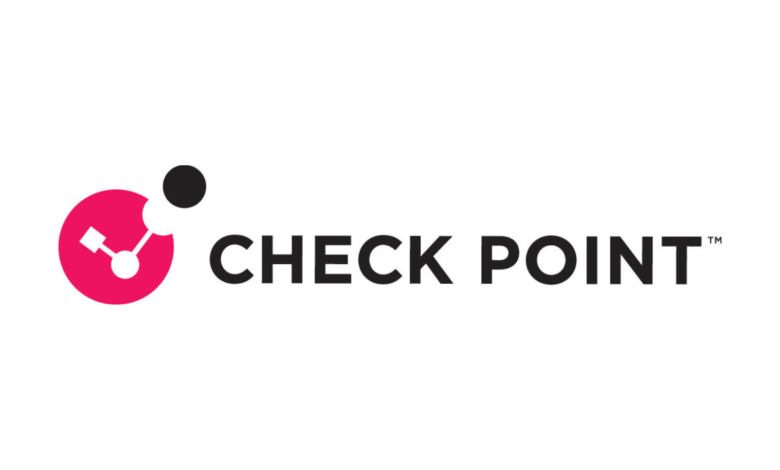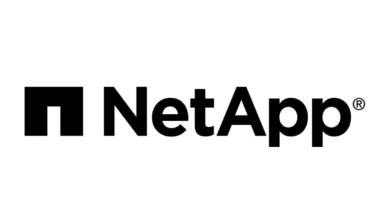The Password Paradox: Balancing Convenience and Security in the Digital Age

In the digital realm, passwords usually act as the first line of defence against cyber threats. Yet, their vulnerability and the complacency in their usage often leave them as the weakest link. As we observe World Password Day, Check Point® Software Technologies Ltd. (NASDAQ: CHKP) a leading AI-powered, cloud-delivered cyber security platform provider advocates the need to re-evaluate our password practices in light of the increasing sophistication of cyberattacks.
The Perils of Poor Password Hygiene
Password negligence has far-reaching implications, especially for businesses. With over 23 million people using simplistic passwords like ‘123456’, the stakes are alarmingly high. Such lax security can unravel an organization, leading to data breaches, ransom demands, and irreparable damage to customer trust. In fact, just a single weak password can open the floodgates to wide-ranging cyberattacks. For instance, recent attacks on major organizations like Okta and 23AndMe were facilitated by stolen login details, demonstrating the widespread impact and ongoing threat posed by weak password practices.
From phishing exploits to brute-force attacks, the techniques used by cybercriminals are evolving. With advancements in AI, hackers now harness machine learning algorithms to predict and crack passwords more swiftly than ever, exploiting every chink in our digital armor. This escalation in attack capability necessitates the adoption of passwords that are not only longer but also more complex.
The Possibility of a Passwordless Future
In today’s digital landscape, the role of traditional passwords amidst the advent of biometric authentication is a subject of lively debate among security experts. While some advocate for completely abandoning passwords in favor of biometric solutions—such as fingerprints or FaceID—and modern alternatives like Google Passkey for their convenience and enhanced security, others support the continued use of password managers or a combination of methods. Despite advances in authentication technology, traditional passwords remain prevalent across various platforms.
Biometric authentication, while secure, has a significant drawback: once compromised, biometric data cannot be changed. This vulnerability can lead to irreversible identity theft. In contrast, traditional passwords can be frequently updated to prevent unauthorized access following a security breach.
Furthermore, many individuals and industries still depend on passwords to access critical services, such as email and personal accounts. However, there is a noticeable shift toward passwordless authentication, especially in sectors with rigorous security needs like banking and corporate communications. This shift includes the adoption of hardware tokens, multi-factor authentication using alternate devices, and one-time verification pins, offering secure access without traditional passwords.
Essential Password Hygiene
To strengthen password security, we recommend the following best practices:
- Complexity and Length: Create passwords with a mix of numbers, letters, and symbols, aiming for 12-16 characters to enhance security. Extending this to 18 characters can make a password nearly unbreakable, given the exponential increase in possible combinations. Ensure the password is unique to you and avoid using easily guessed personal details like birthdays or anniversaries.
- Unique Passwords for Different Accounts: Avoid reusing passwords across multiple platforms. Use memorable phrases or sentences, like ‘meryhadalittlelamb’, or a more secure variant with special characters ‘#M3ryHad@L1ttleL4m8’. Check Point Harmony Browse enhances security by preventing the reuse of corporate passwords on external sites and protecting against phishing and malware.
- Regular Updates: Change your passwords regularly to mitigate the risk of breaches. This practice is crucial, especially after security incidents like data leaks. Tools like Have I Been Pwned can help check if your accounts have been compromised in a breach, prompting timely updates.
- Multi-Factor Authentication (MFA): Always enable MFA to add an additional layer of security. This ensures that even if a password is compromised, unauthorized access is still blocked.
- Security KPIs: Organizations should enforce regular password changes and use Privileged Access Management (PAM) solutions to manage and monitor account and data access effectively. Educating users on robust password practices is vital to fortify defenses against increasing cyber threats.
By adhering to these guidelines, individuals and organizations can significantly enhance their digital security posture.
“As we observe World Password Day, it’s essential to acknowledge that robust passwords form the bedrock of effective security measures. Even with the most advanced security technologies, the simplest oversight on passwords can grant attackers access to our systems. Strong passwords are more than just a recommendation; they are a critical defense mechanism. Despite our advanced defenses, the fact remains that organizations in the United Arab Emirates are targeted 1259 times per week on average over the last six months. This frequent targeting underlines the need for stringent password practices. By reinforcing our password security, we protect not just our data but maintain the integrity and trust of our entire organization. On this World Password Day, let us renew our commitment to rigorous password hygiene and ensure our defenses are as robust as the threats are relentless,” said Ram Narayanan, Country Manager, Check Point Software Technologies, Middle East.




